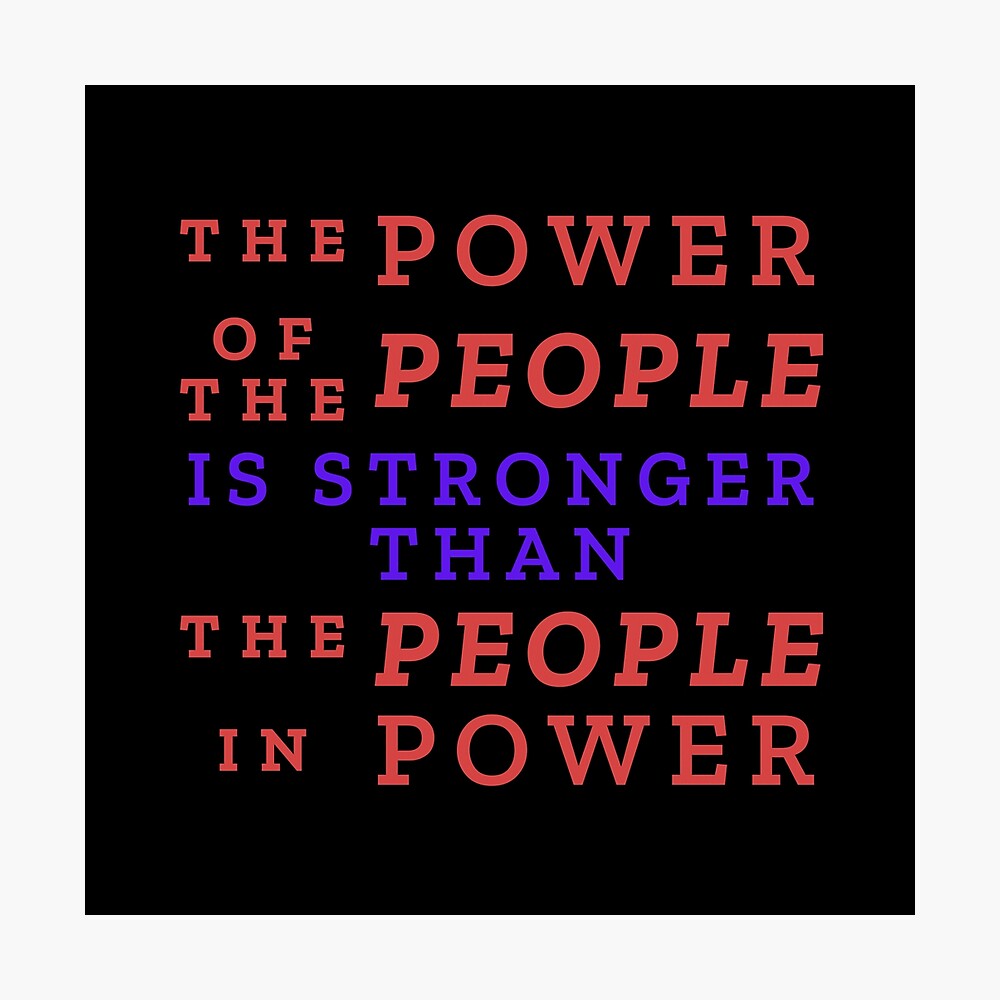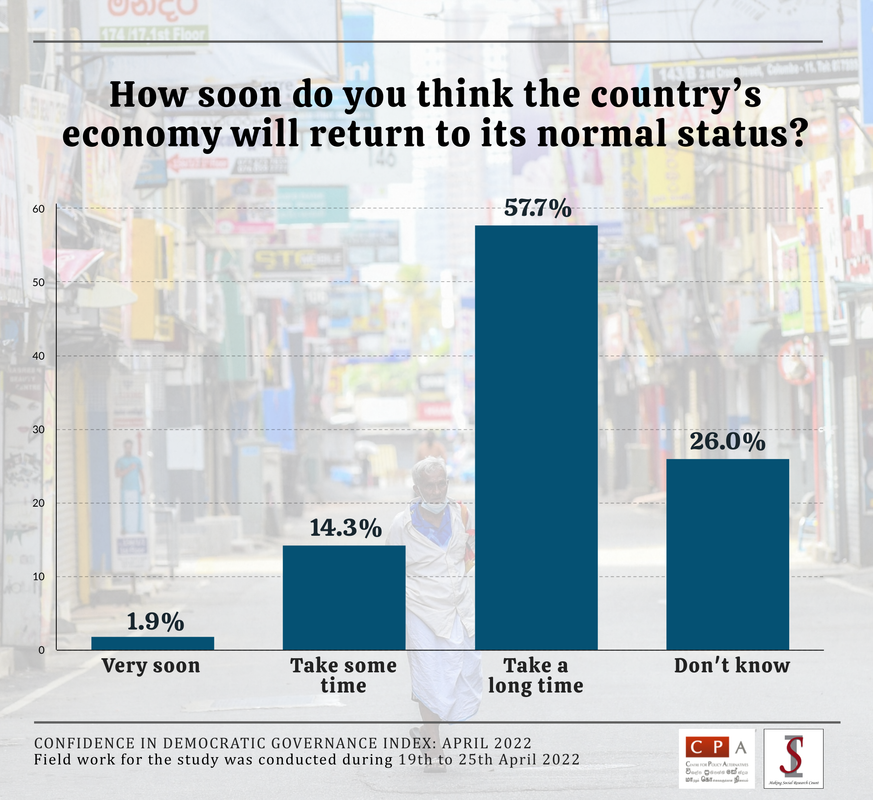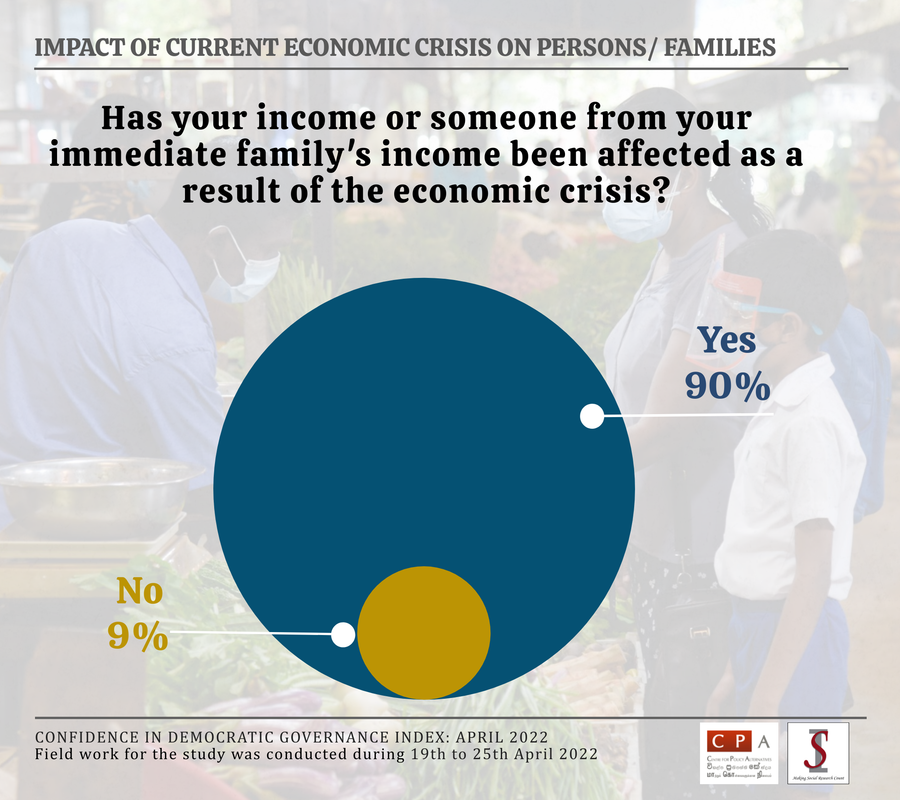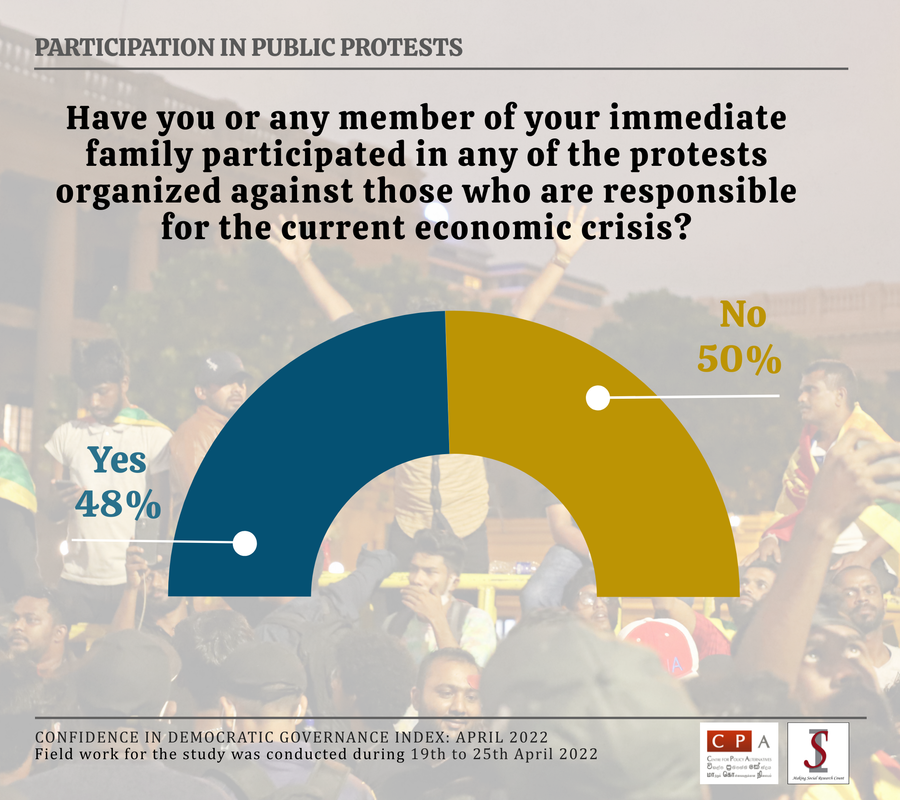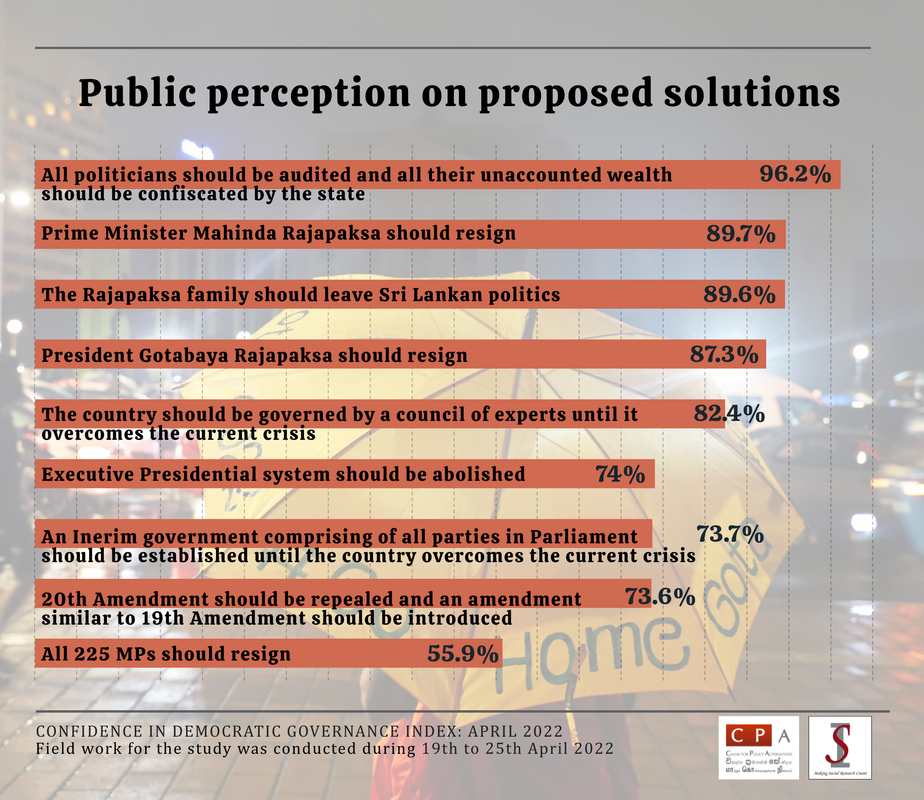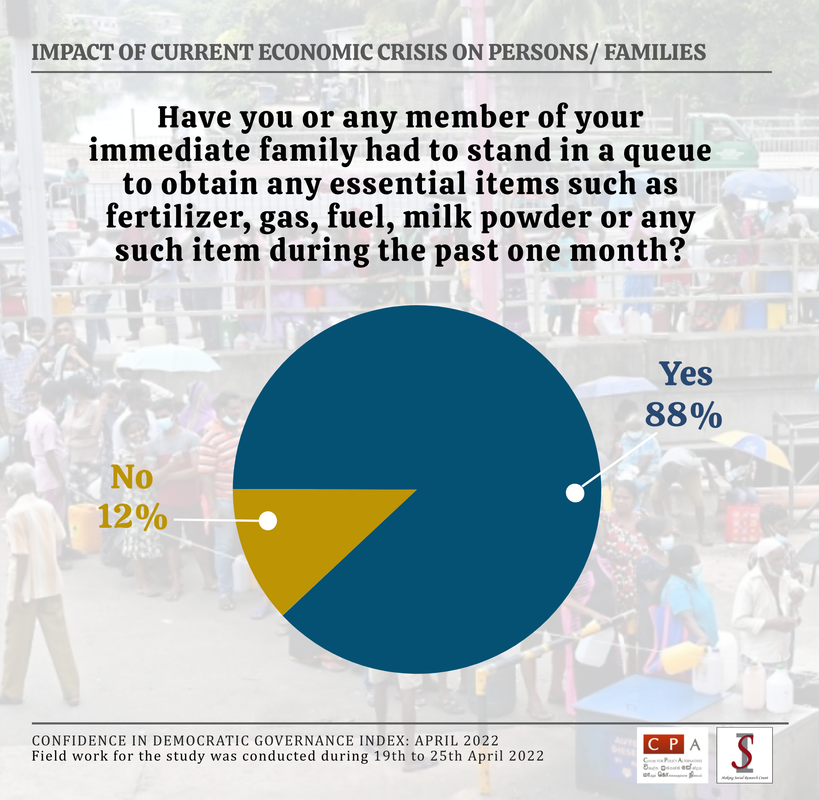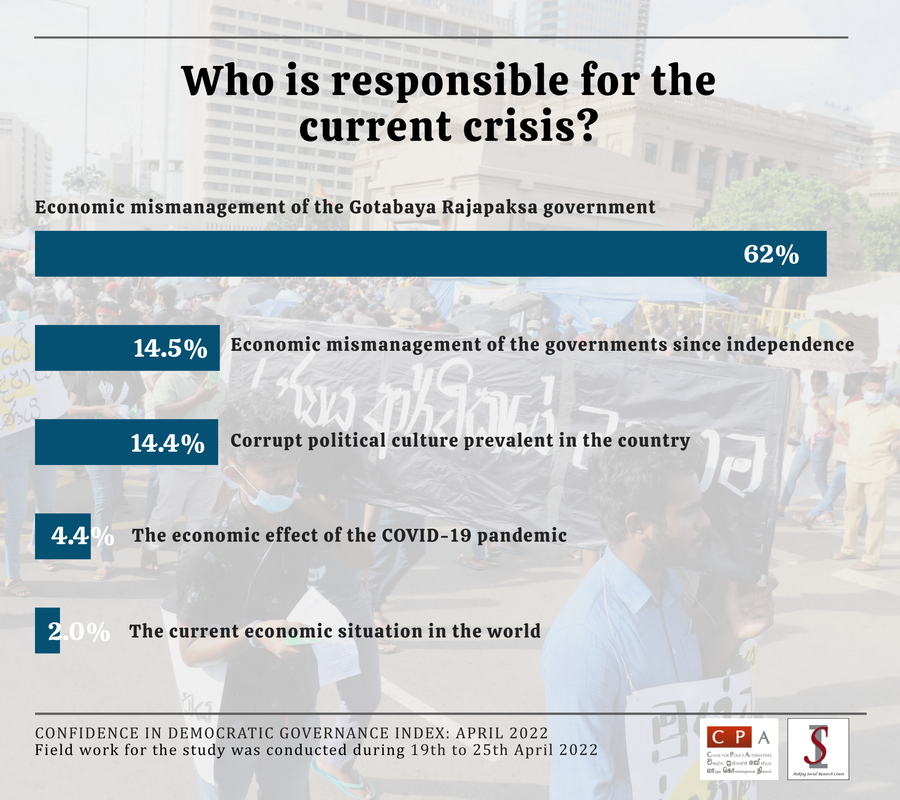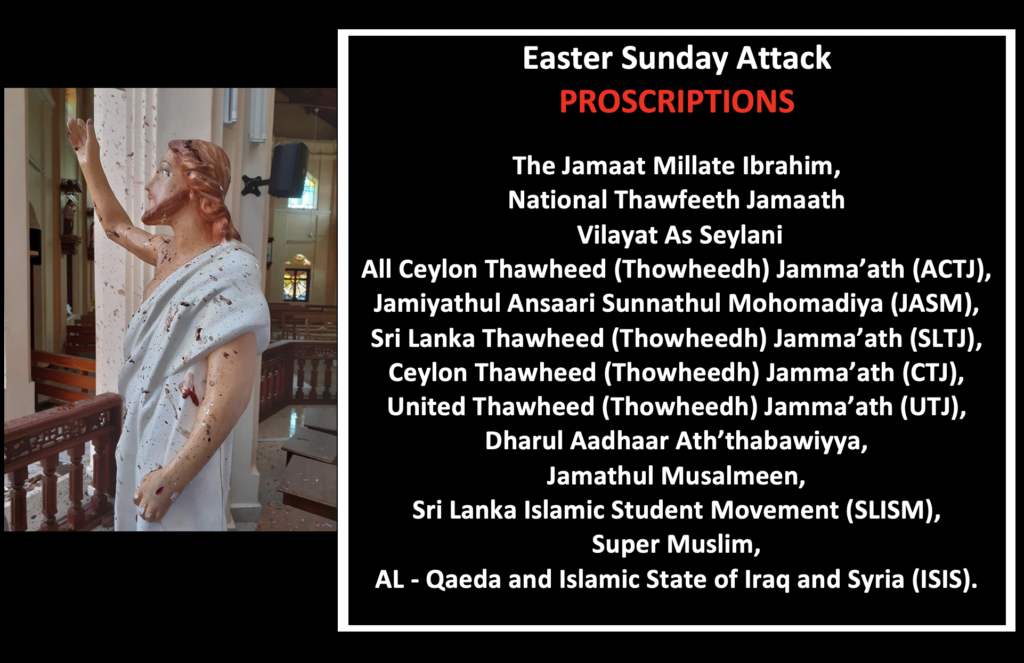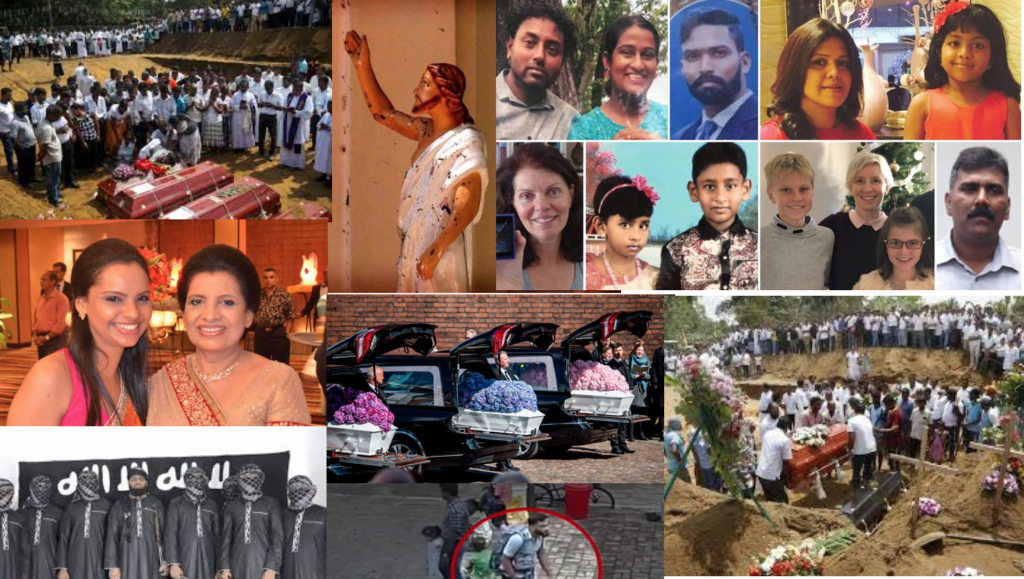KAMALIKA PIERIS
Officials look back fondly on the economic policy followed immediately after independence. R.K.H.M. Fernando, formerly a Director in the Treasury, said that at Independence the Soulbury constitution provided for an Appropriation Act as well as the Financial Regulations, which provided an adequate controlling framework with proper check and balances. All the monies collected by the government went to a single Consolidated Fund..
The top administrators in the Ministries, were the Permanent Secretaries appointed by the Governor General. The government ‘s policy was carried out by the public servants, led by the Permanent Secretary. These public servants were under the Public services Commission and were therefore free of interference.
The Public Accounts Committee was expected to examine all public expenditure. There were no areas of expenditure which did not come under its purview. Its reports were followed up by the Treasury. Hence there was a comprehensive system covering the entire spectrum of public finance.
Local authority funds were controlled by statute.. These funds had a better system of control with surcharges, unparalleled even in the central government , concluded Fernando.
After independence, Sri Lanka had two budgets, a Foreign Exchange Budget and a Local Currency Budget, said Garvin Karunaratne. The Foreign exchange budget had to manage all our foreign expenditure, while the Local Currency Budget was managed with tax collection and local currency.
The incoming foreign exchange, mainly from exports, was carefully handled and spent with great care, for essential goods and items that were required for national development.
I was in charge of allocating foreign exchange for small industrialists in Sri Lanka, said Garvin. We registered them after inspection where we carefully looked into what they produced, whether it was required for our country. In case their production required any item imported- raw material or machinery, an allocation of foreign exchange was allowed. Anyone could apply for foreign exchange for travel or imports. Each case was looked into in detail by the Controller of Exchange of the Central Bank.
No allocation of foreign exchange was made for foreign studies, unless the study could not be done in the country or the study was required for national development. A budget deficit was not heard of. A small deficit in any year had to be covered in the next year. It was a strictly controlled situation because the country had to manage with the foreign exchange it had. We had no other option whatsoever, concluded Karunaratne..
Sri Lankan growth experience is unique in South Asia. We had better initial conditions conducive to achieve fast economic growth than all other South Asian countries. Sri Lanka did not have the poverty and other social issues rampant in the rest of South Asia. But that good start with superior socioeconomic status was not properly utilized, observed economist Srimal Abeyratne. Instead the government started to follow contrasting and fluctuating economic policies, never giving enough time for any one policy to show results, added critics.
PB Jayasundera, former Treasury secretary, said the economy in early 1950s enjoyed external assets equivalent to 1 month of the country’s import requirements. Sri Lanka was economically second only to Japan in the entire Asia.
Then came short term populist policies, experimenting with extreme development models by different political parties, lack of a long term national vision for the country and inability to position the country in the proper global perspectives. Sri Lanka had a dismal rate of growth of 3% by mid 1970s, concluded Jayasundera.
Countries in East Asia and South East Asia that were behind Sri Lanka in the 1950s and 1960s have overtaken us. Many countries that had a lower per capita income in the 1950s have much higher per capita incomes now said economist Nimal Sanderatne.
A much-discussed issue is why Sri Lanka that had a good potential for economic development at Independence was overtaken by other countries. Although most South and South East Asian countries were less developed and their infrastructure weaker than ours, they have surpassed Sri Lanka’s economic achievements, continued Sanderatne.
Among the reasons that have been given have been the adverse terms of trade, regular changes in economic policy, the adoption of inward-looking restrictive policies, rapid population growth, and inappropriate economic policies. Ethnic violence and the civil war too were important reasons for the country’s underdevelopment, said Sanderatne. Domestic savings were always low, added others.
However, economists say that despite these fluctuations, Sri Lanka has managed to achieve considerable economic development .Despite a prolonged conflict Sri Lanka has achieved three decades of sustained growth averaging close to 5% annually since 1977, said Nilakshi de Silva The economy has been transformed from an inwardly looking policy focused on self sufficiency to a competitive export oriented economy. Sustained economic growth coupled with modest population growth has resulted in a doubling of per capita incomes over the past three decades.
The Sri Lanka had performed surprisingly well in the economic sphere, despite the Eelam war and frequent commodity price shocks, said economist Ramani Gunatilaka.
My own analysis of household income and expenditure survey data for provinces outside the north and east for the period 1980-2002 show that average incomes rose for every income deciles during the period. This means that everybody enjoyed a higher level of consumption at the end of the period than at its beginning. Also there were more people in the middle to upper incomes ranges at the end of the period than at its start, continued Ramani.
Incomes grew mainly because the government provided better and more widespread education and infrastructure services to its citizens. More houses got electricity from 24% in 1985 to 67 by 2002, met entirely from the government grid. Those with A levels rose from 3.3.to nearly 10%. Decline in poverty however has been modest.
A representative survey of rural and urban industries in Sri Lanka under taken in 2005 by the world bank and ADB stated that Sri Lanka stands out among developing countries for its good governance and firms benefit from the low level of red tape and corruption.’
While the country is said to be falling apart the reality is quite different. Sri Lanka is far from being a failed state. Economically it has performed surprisingly well despite daunting challenges. It is time the Sri Lanka took pride in their achievements and their remarkable resilience, concluded Ramani Gunatilaka in 2006.
Sri Lanka’s economy was not in a mess said an analyst in 2012. Sri Lanka has had more than 8% growth for two years consecutively in 2010 and 2011. Our unemployment rate is just 4.2% the lowest in our history. Poverty levels have plummeted and today it is less than 5%. Every two minutes a motor cycle is registered, every three minutes a three wheeler is registered, all newspapers carry more advertisements than before.
There are more than 105 telephones for every 100 persons. Imports are mainly of small cars which shows that these are bought by the middle income group who did not have cars before this. .Rural electrification has taken place rapidly. Election participation has gone up from 72% to 92%. There are more than 10,000 kilometers of concrete village roads that have been constructed over the past four years, concluded this analyst.
Sri Lanka has been able to show economic growth of around 4%. This was inadequate to meet the aspirations of the society and was below the country’s capacity and potential, but it was not a mean achievement, said Nimal Sanderatne.
In spite of this low growth, the country has had significant economic and social achievements in the post independent years. Poverty has declined. The official poverty count has fallen to 4.1% and unemployment is at about 5%. There has been a fourfold increase in per capita incomes.. The country achieved the Millennium Development Goals (MDG) set for 2015, continued Sanderatne.
At the time of independence, the nation imported about half its requirements of rice and many of its food requirements. Nearly half of import expenditure was on food. That was for a population of 7 million. Today, in 2019, with a population of 21.5 million, we are more or less self-sufficient in rice and has a lesser dependence on imports of other food needs. In recent years total food imports have been less than 10 percent of import expenditure, said Sanderatne.
There has also been a significant diversification of the economy. The services sector is both the largest contributor to GDP and the highest growth sector in recent years. Services contributed about 55 % of GDP; manufacturing (including construction) contributed 38% of GDP. Agriculture was only 7 % of GDP.
The most impressive achievements after independence have been in the country’s social development, continued Sanderatne. There have been significant improvements in literacy and school enrolment, reduction in mortality rates, an increase in life expectancy and significant improvements in social amenities such as housing, potable water, sanitation, and access to electricity and telephones.
Life expectancy at birth increased from around 55 years at the time of independence to 75 years today and is higher for females at 77 years than for males at 72 years.
There have been significant improvements in maternal mortality, infant mortality and under 5 mortality. Under 5 mortality decreased from 560 per one hundred thousand live births at the time of independence to 100 in 2015. Infant mortality declined from 82 to 8.5 per thousand in 2015. Most communicable diseases have been eradicated, but non communicable diseases are increasing.
Adult literacy increased from 57.8% in 1945 to 93% in 2017. School enrolment of children between the ages of 5-19 increased from 54.1 percent (1945) to 75.2 percent in 2016.
The Consumer Finance and socio economic survey of 2003-4 stated that 83% of urban families and 95 % of rural families own their own homes.
But there are significant regional disparities and urban-rural differences continued Sanderatne. There is a vast disparity of incomes among regions. High levels of poverty persist in districts such as Moneragala, Nuwara Eliya and in the Eastern Province. There is low literacy and school enrolment, high rates of diseases associated with poverty and poor living conditions. Further, the quality of health and educational services leaves much to be desired in certain locations.
Progress in social indicators could have been much better in recent years, if economic growth was more rapid, concluded Sanderatne. The reasons for the inadequate economic performance are many. These include the ethnic violence and civil war, distraction from economic concerns to political and cultural issues, the frequent changes of government and the consequent changes and uncertainty in economic policies, preoccupation with politics and religion rather than a serious concern in economic development.
Sri Lanka had some good rankings in the past decades. In 2010 Economist Intelligence Unit, has ranked Sri Lanka as the 8th fastest growing economy in the world.
Legatum Prosperity Index known as the World Prosperity index, announced in 2010 that Sri Lanka had the highest ranking among south Asian nations. Sri Lanka is ranked 59 among 110 nations.
In 2008 Commercial Bank of Ceylon was ranked among the Top 1000 Banks of the World on capital adequacy and soundness.
World Bank survey on Sri Lanka’s uses of financial services, 2012, indicated that account ownerships was high, 69% of Sri Lanka had accounts at a financial institution such as bank, finance company. This is much higher than the average of 33% for South Asia and 41% for developed economies. 67 % of adult females had accounts. This was higher than the average of 25% for South Asia.
In 2017 despite Sri Lanka’s low position in the World Bank Corruption Perception Index, Sri Lanka was viewed positively in terms of financial reporting systems and competency.
Sri Lanka was the first country in south Asia to introduce mobile phones in 1989 first to roll out a 3Gnetwork in 2004 and first in the region to unveil a $G network in 2014. In 2015 Sri Lanka ratified UN electronic communications conventions. This is a first country in south Asia and 2nd country after Singapore to become a state party to the convention.
In 2014 Sri Lanka was well placed in rankings. Sri Lanka ranked above almost all SAARC countries in many of the international economic evaluations and this is an important achievement. Only India is ahead of Sri Lanka at number 71.
In 2014 Sri Lanka was placed high in the region in Global Infrastructure Index, Economic Freedom Ease of doing business Index, and Global Competitiveness Index. Rule of Law Index and the Global Peace Index placed Sri Lanka on top in South Asia.
In 2014, Human Development Index ranked Sri Lanka among the top 10 in the Asian region. Sri Lanka was at 0.743 (2015) and ranked 99th of 177 countries in the Human development Index, in 2015. This is higher than the south Asian average. It is the only south Asian country in this bracket of high human development. India and Bangladesh are in the medium human development category and the rest are in the low human development category, reported the media.
Sri Lanka has been described as the star performer of SAARC In 2014, said the media. Sri Lanka leads in life expectancy at birth, infant and under five mortality rate, maternal death, total fertility rate, access to improved sanitation and infant immunization indicators. Sri Lanka has shown that a country can improve its social indicator without waiting for an economic boom because it has allocated resources in key social indicators like education and health.
Sri Lanka also leads when it comes to studying accountancy and marketing. Media reported in 2014 that Sri Lanka presently commands the second highest number of accountant students in the world, second only to UK.
Sri Lanka is our largest market outside the UK, said Chartered institute of Marketing, UK in 2022. Sri Lanka was the first international branch of CIM. CIM has had a formal presence in Sri Lanka for over 20 years, with our qualifications being taught in the region for significantly longer. The CIM community in Sri Lanka is the largest outside of the UK.
The government budget was thoughtfully implemented in 2014, said the Treasury. The 2014 budget was not an election budget. It linked with the previous budgets and has a clear development policy. When allocating to the line ministries there was an emphasis on science and technology. Technology was introduced as a subject to schools, and provision made for recruitment of 50,000 teaching assistants for rural schools for science, mathematics and English.
Nenasala were set up in every Grama niladhari division. An engineering and technical faculty was established at University of Sri Jayewardenepura. IT was started at University of Kelaniya, livestock and agriculture at Sabaragamuwa and Ocean studies at Ruhuna. Emphasis was on knowledge services. The 2014 laid the foundation for this, said the Treasury.
Sri Lanka has risen from a low income country to a middle income country. The per capita GDP which was USD 120 in 1950 reached USD 899 by 2000 and increased further to USD 947 by 2003 and Sri Lanka joined the lower middle income earning category.
in 1999 UNDP said that Sri Lanka is now in the medium development category, ranking 90 among 172 nations, ahead of India (132) Pakistan (1380 Nepal ( 144) and Bangladesh(150) it is the only south Asia country ranking ahead of India, with a higher standard of living among its population despite a crippling 13 year war, observed the media.
In 2006 Sri Lanka was no longer considered a Low Income Country with a per capita income less than USD 875; it is already in the Upper Lower Income Country (ULIC) status and would soon move into the category of Middle Income Country with a per capita income of USD 876, said World Bank.
In 2007 Sri Lanka became a middle income country with rising per capita income, currently at USD 1350 and some presence felt in the globe. Our business conglomerates are now on the fast track for investing overseas. We see this happening with companies like Hayleys, Munchee, Commercial bank, Aitken Spence group, said the media. In 2009 it was reported that Sri Lanka‘s per capita income grew from USD 1,000 to USD 2000 within the last few years.
In 2019 Sri Lanka moved to the ‘Upper-Middle Income’ category from the ‘Lower-Middle Income’ under a revision to the Gross National Income (GNI) classification thresholds by the World Bank.
According to the World Bank data, Sri Lanka’s GNI per capita has increased from USD 3,840 in 2017 to USD 4,060 in 2018. As per the new classifications, upper-middle income economies are defined as those with a GNI per capita between USD 3,996 and USD 12,375
Under the new categorization, Sri Lanka is in the upper-middle income bracket along with 59 other countries also including China, Russian Federation, South Africa, Thailand, Malaysia, Mexico Fiji, Cuba and Brazil. Argentina, Georgia and Kosovo too have been newly upgraded to the status of an upper-middle income country along with Sri Lanka.
In the South Asian region, only Sri Lanka and the Maldives come under the upper-middle income group, whereas Bangladesh, Bhutan, India, Myanmar and Pakistan come under the lower-middle income group and Afghanistan and Nepal come under the low-income group, World Bank said in 2019. (Continued)

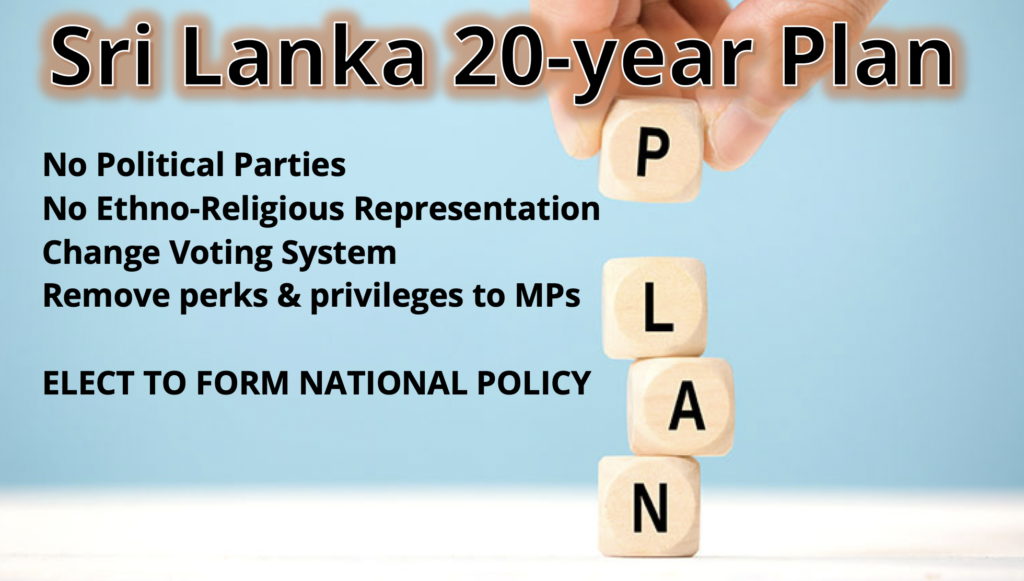
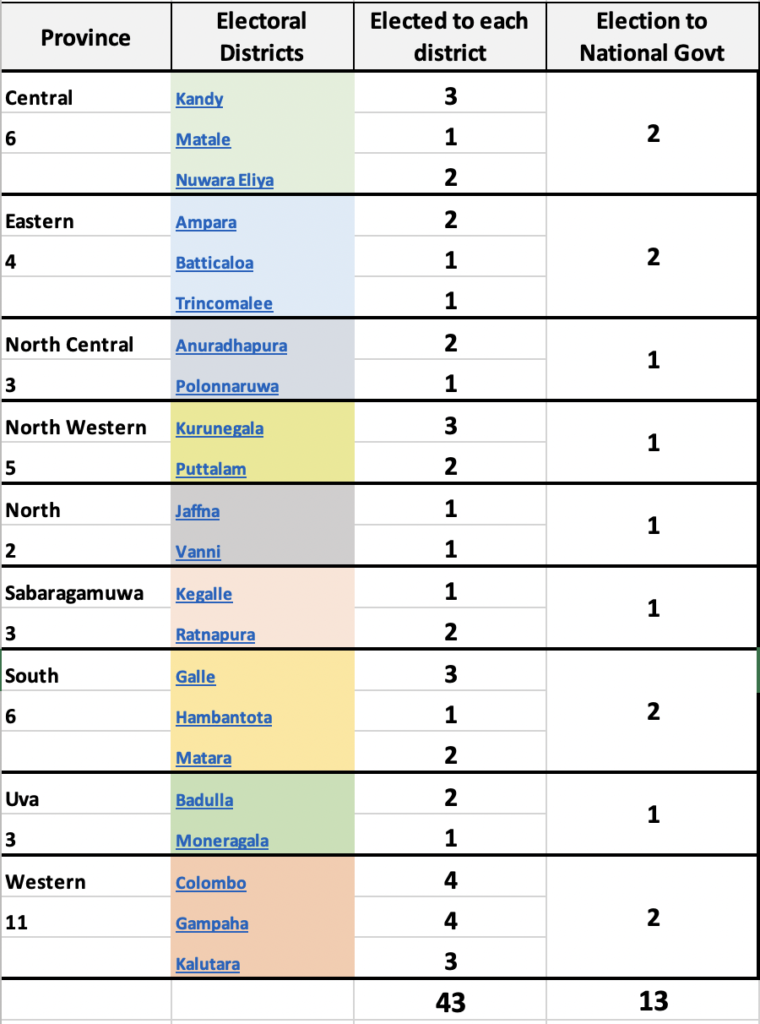



.jpg)


